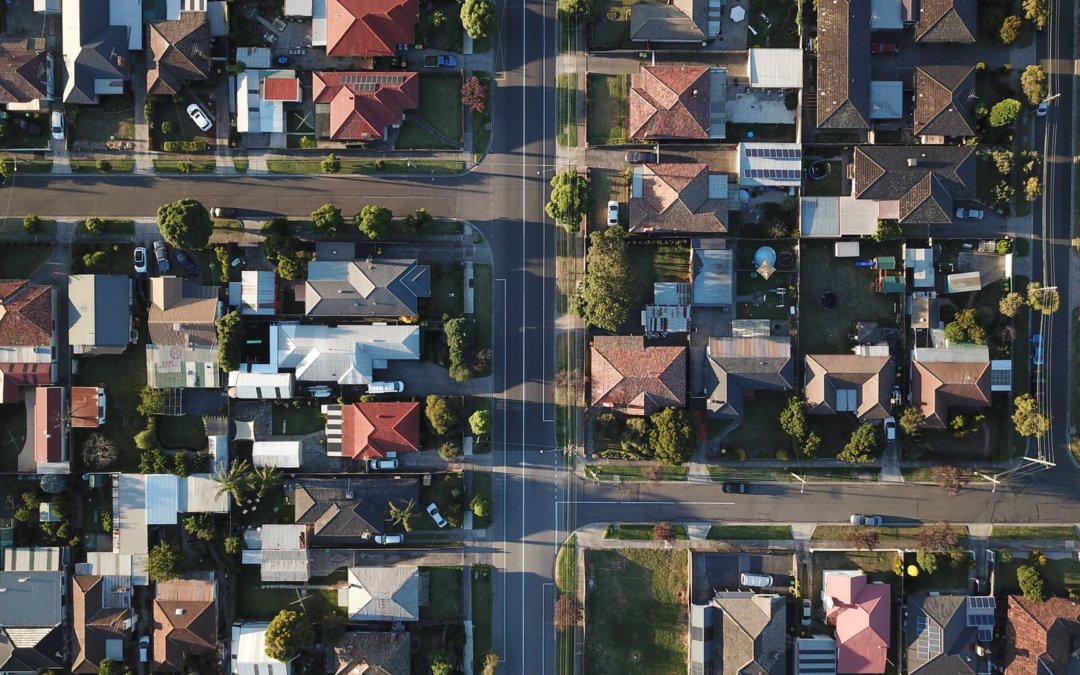A home is more than just a shelter, and more than a place to call your own. When you purchase a home, you’re making a large financial investment—one that is at risk for vulnerabilities and harm such as extreme inclement weather, injury liability, and vandalism. Therefore, having home insurance is smart to invest in, as it’ll cover your home should anything happen to it and offer some financial security.
Why else is home insurance important, though?
It’s required by mortgage lenders
Though not a state requirement like car insurance is, you’ll generally need to invest in homeowners insurance if you’re financing your home. Having insurance will protect the investment your lender put into the property from loss or damage. If you don’t insure your home, your landlord may buy a policy in your name and add it to your monthly payments bill.
It protects you from loss
At its most basic level, homeowners insurance will safeguard your home and loose structures on your property from events such as wind damage, fires, vandalism, tornadoes, hurricanes, and thunderstorms. It doesn’t matter how much of your property is damaged, since the purpose of insurance is to assist in repair or replacement payments. Be sure your policy “pays out damages on a replacement cost basis” to get the most out of your financial protection.
It covers your belongings
So long as it falls under a covered hazard, homeowners insurance may protect your belongings if they’re ever damaged or stolen. The company you have insurance with will likely pay out the value of the items destroyed or stolen back to you so you can replace them. There are no specifications either; furniture, electronics, appliances, clothing, and more can be covered under this. Even better is that you don’t have to be at home for homeowners insurance to cover your damaged or stolen items—if your computer is stolen from a locker or your car, you could get it reimbursed.
It’ll provide temporary housing
Disasters happen, and if your home is no longer suitable to sustain life, homeowners insurance can step in. Most insurance policies include additional living expense coverage, which will, in turn, help you cover temporary housing and needs.

